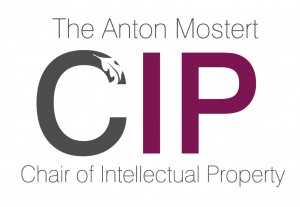With only 6 days to go before the deadline to comment on RSA's draft national IP Policy,
Hugh Moubray of Spoor & Fisher has shared his thoughts on the interface between innovation and patents in South Africa. His article
The Importance of innovation and the patent system in South Africa can be located
here. What Afro Leo likes about Hugh's article is that it is not simply a critique of the draft policy, it proposes a solution and, in doing so, articulates a basis and reasoning for his approach.

He addresses and provides cogent arguments for the patent system as a means of "
leveraging the power of self interest [which] leads to innovation, growth and prosperity", why RSA's current system is more than just a deposit system, the virtues of the system as it works in RSA, why it does not produce "
weak" patents and why so-called "
evergreening", in principle, is not necessarily bad though he explains how the effect of unwarranted "
evergreening" could be limited so that they are not a barrier to generics, and why "
evergreening" would not be eliminated, even with an advanced merit based examination system. In doing so, he explains how our current law caters for public concerns in requests for interim relief.
 |
| Hugh Moubray |
He believes that if the patent system is to be improved, the "
focus should be on improving the patent litigation system" and to that end he supports a specialist patent court which he feels is supported by the existing Patents Act. He also feels that the "most encouraging" aspect of the draft IP Policy is on the topic of IP enforcement.
".....there are
therefore three factors which, in my view, contribute to
South Africa having a prosecution
system which has the best of a deposit based
Examination system and a merit
based examination system. As mentioned these
three factors are the
legal requirement that a patentee is not entitled to any
relief on an invalid or partially
invalid patent, the practice of amending patents,
and the examination of international
patent applications"
".....I believe
that a merit based patent examination system would be
very costly and would be
likely to lead to significant delays in the grant of
patents. In addition resources
would be wasted examining patent applications
which have no commercial
value. On the other hand, a properly functioning
specialist patent court would
provide a very focused and effective approach to
the issue of patent validity."
For previous notes on the draft IP Policy see:





























